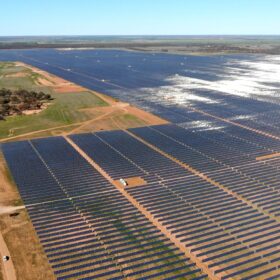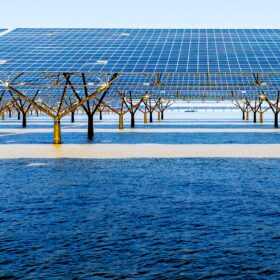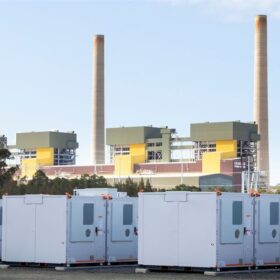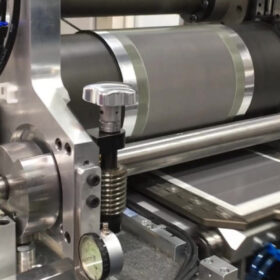As announced in January 2023, Vast will receive up to AUD19.48 million from the Australian Renewable Energy Agency (ARENA) and Mabanaft will receive up to EUR12.4 million from Projektträger Jülich (PtJ) on behalf of the German government after the SM1 project was selected last year as a part of the German-Australian Hydrogen Innovation and Technology Incubator (known as HyGATE).
“This is a giant leap for green fuel production globally,” said Craig Wood, CEO of Vast. “Solar methanol, produced at plants like SM1, has the potential to make a huge difference to the transport sector where it has proven difficult to decarbonise fuel sources. This funding is a testament to the tremendous opportunity provided by Vast’s technology as well as our partners within the Solar Methanol Consortium.”
Philipp Kroepels, Director New Energy at Mabanaft reaffirms: “With access to green methanol, our range of sustainable energy solutions for our customers continues to grow. The funding agreements make a crucial recognition and validation of our decarbonisation efforts and can make a strong contribution to strengthening Germany’s leading role in the global energy transition.”
The funding agreements are an important step forward for SM1, as well as the HyGATE program which seeks to support real-world pilot, trial, and demonstration projects along the hydrogen supply chain. Vast and Mabanaft are assessing SM1 with the Solar Methanol Consortium and are supported by fellow Australian technology company Calix as Principal CO2 Supply Partner and the Australian Solar Thermal Research Institute (ASTRI).
Methanol is one of the most versatile hydrogen derivatives which, if produced using clean energy, has the potential to decarbonise several hard-to-abate industries, including shipping and aviation. SM1 will be powered by Vast’s CSP v3.0 technology, which aims to generate zero-emission heat and electricity to produce green methanol. CSP can provide an optimal balance of renewable heat and power, as required for the production of green fuels, and using the technology could potentially achieve a reduction of green fuel production costs of up to 40 per cent.
SM1 aims to produce up to 7,500 tonnes per annum of green methanol and the Consortium has attracted the interest of major off-takers. The project aims to be a catalyst for a solar methanol industry in Australia, with the potential to export the fuel to Germany and other global markets, creating hundreds of highly skilled jobs.






By submitting this form you agree to pv magazine using your data for the purposes of publishing your comment.
Your personal data will only be disclosed or otherwise transmitted to third parties for the purposes of spam filtering or if this is necessary for technical maintenance of the website. Any other transfer to third parties will not take place unless this is justified on the basis of applicable data protection regulations or if pv magazine is legally obliged to do so.
You may revoke this consent at any time with effect for the future, in which case your personal data will be deleted immediately. Otherwise, your data will be deleted if pv magazine has processed your request or the purpose of data storage is fulfilled.
Further information on data privacy can be found in our Data Protection Policy.